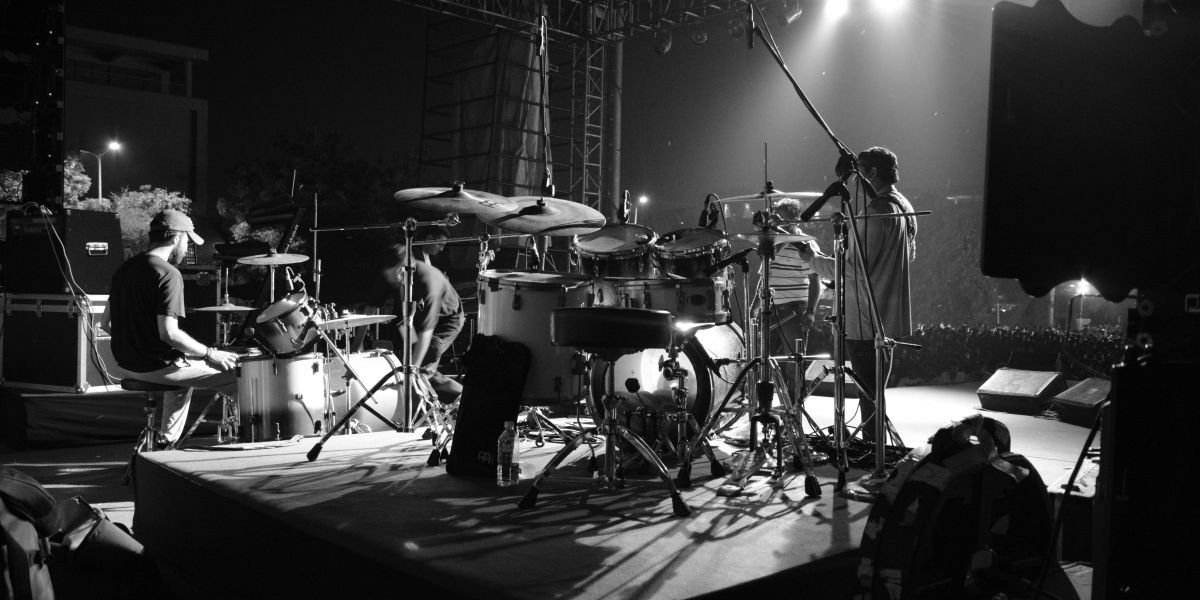In the dynamic landscape of Chicago politics, several pressing topics continue to shape public discourse and influence policy decisions. From crime and public safety to education and economic development, these issues reflect the complex challenges facing the city and its residents. In this article, we’ll explore some of the key political topics that persist in Chicago, shedding light on the ongoing debates and efforts to address them.
1. Crime and Public Safety
Crime and public safety remain top concerns for many Chicagoans, with gun violence and homicides garnering significant attention both locally and nationally. Addressing crime requires a multifaceted approach that combines law enforcement efforts with community engagement, investment in social services, and strategies to address root causes such as poverty, unemployment, and lack of access to mental health services. Debates over police reform, gun control legislation, and strategies for reducing violence continue to shape political discourse in Chicago.
2. Education and School Funding
Education is a perennial political issue in Chicago, with debates over school funding, resource allocation, and education reform dominating public discussions. Disparities in educational quality and access persist, particularly between affluent and low-income neighborhoods. Efforts to address these disparities include initiatives to increase funding for public schools, expand access to early childhood education, and implement reforms aimed at improving academic outcomes and closing the achievement gap. Debates over charter schools, standardized testing, and teacher accountability also play a role in shaping education policy in Chicago.
3. Economic Development and Job Creation
Economic development and job creation are key priorities for city leaders seeking to stimulate growth, attract investment, and create opportunities for residents. Chicago’s economy is diverse, with strengths in industries such as finance, manufacturing, technology, and healthcare. Efforts to promote economic development include incentives for businesses, infrastructure investments, workforce development programs, and support for small businesses and entrepreneurs. Debates over tax policies, economic incentives, and strategies for inclusive growth shape discussions about Chicago’s economic future.
4. Affordable Housing and Homelessness
Affordable housing and homelessness are pressing issues in Chicago, where rising rents and limited affordable housing options have contributed to a growing homelessness crisis. Efforts to address these challenges include initiatives to increase affordable housing stock, provide supportive services for individuals experiencing homelessness, and implement policies to prevent displacement and gentrification in vulnerable communities. Debates over zoning regulations, property taxes, and funding for affordable housing programs are central to discussions about housing policy in Chicago.
5. Transportation and Infrastructure
Transportation and infrastructure are critical components of Chicago’s urban infrastructure, with ongoing debates over investment priorities, transit equity, and sustainability. Efforts to modernize and expand Chicago’s transportation system include investments in public transit, improvements to roads and bridges, and initiatives to promote alternative modes of transportation such as biking and walking. Debates over funding mechanisms, transit access, and environmental impacts shape discussions about transportation policy in Chicago.
6. Racial Equity and Social Justice
Racial equity and social justice are central themes in Chicago politics, with ongoing efforts to address systemic racism, promote equity, and dismantle barriers to opportunity for marginalized communities. Initiatives to advance racial equity include policies to promote diversity and inclusion in hiring and contracting, reform criminal justice practices, and address disparities in healthcare, education, and housing. Debates over police accountability, reparations for past injustices, and equitable distribution of resources are key components of discussions about racial equity and social justice in Chicago.
7. Climate Change and Environmental Sustainability
Climate change and environmental sustainability are increasingly prominent issues in Chicago, where efforts to mitigate climate impacts and promote sustainability are gaining momentum. Initiatives to address climate change include investments in renewable energy, energy efficiency, and green infrastructure, as well as policies to reduce carbon emissions and adapt to changing environmental conditions. Debates over environmental regulations, land use planning, and resilience strategies shape discussions about climate change and sustainability in Chicago.
8. Government Accountability and Transparency
Government accountability and transparency are fundamental principles of democracy, with ongoing efforts to promote openness, integrity, and public participation in decision-making processes. Initiatives to enhance government accountability include measures to strengthen ethics laws, increase transparency in government operations, and expand access to public records and meetings. Debates over campaign finance reform, political corruption, and government oversight play a role in shaping discussions about government accountability and transparency in Chicago.
Political Topics Persist with the Complex Challenges of Chicago
In conclusion, several political topics persist in Chicago, reflecting the complex challenges and opportunities facing the city and its residents. From crime and public safety to education, economic development, and social justice, these issues shape public discourse, inform policy decisions, and influence the future trajectory of the city. By engaging in informed, constructive dialogue and working collaboratively to address these challenges, Chicagoans can build a more equitable, inclusive, and vibrant city for all.








